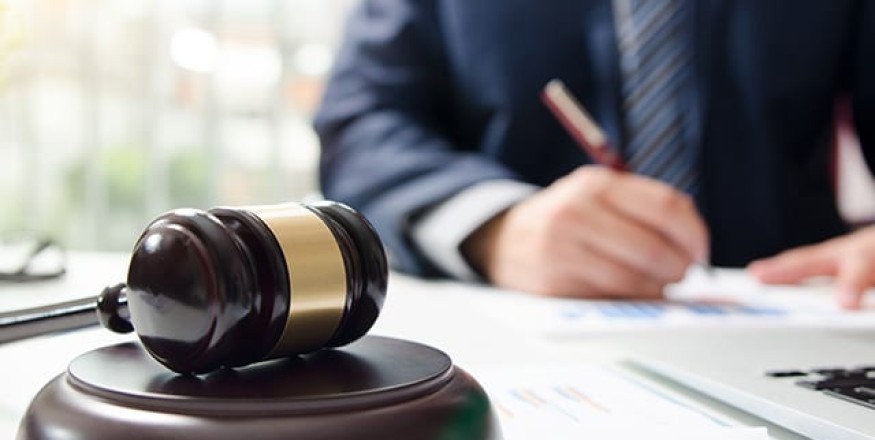Facing domestic violence charges in Virginia can be a daunting experience. Whether you're the victim who initially filed the report or the accused, understanding how to navigate the legal system is crucial. One common question is, how to drop domestic violence charges in virginia? The short answer is yes, but it's not as straightforward as you might think. This article will walk you through the steps and potential hurdles in dropping domestic violence charges in Virginia.
Understanding Domestic Violence Charges in Virginia
In Virginia, domestic violence is a serious criminal offense. The law classifies it as a form of assault and battery against a family or household member. It’s crucial to note that once law enforcement is involved, the Commonwealth of Virginia presses the charges, not the alleged victim. This means that even if the victim wants to drop the charges, the decision ultimately lies with the state prosecutor. However, there are ways to influence this decision.
The Role of the Prosecutor
The Commonwealth Attorney (the prosecutor) has the authority to decide whether the case will proceed or be dropped. Even if the alleged victim no longer wishes to pursue the charges, the prosecutor may continue with the case if they believe there’s enough evidence to secure a conviction. This is to protect victims who might feel pressured or coerced into dropping charges.
That said, there are instances where the prosecutor may agree to drop the charges, especially if the victim expresses a genuine desire to retract the complaint, and if the evidence is weak or circumstantial.
Steps to Drop Domestic Violence Charges in Virginia
If you're looking to drop domestic violence charges in Virginia, here’s a step-by-step guide to help you through the process:
1. Contact the Prosecutor's Office
The first step is to get in touch with the prosecutor handling your case. Explain your reasons for wanting to drop the charges. Be prepared to present valid reasons, as simply saying you’ve changed your mind might not suffice. The prosecutor may ask if you're under any pressure from the accused, so it’s essential to be honest.
2. Sign a "Drop Charge" Affidavit
In some cases, the prosecutor may request that you sign an affidavit stating that you no longer wish to proceed with the charges. This document must be notarized and filed with the court. However, even after signing this affidavit, the prosecutor may still choose to continue with the case if they feel it’s in the best interest of justice.
3. Seek Legal Counsel
It’s highly advisable to seek legal advice during this process. A lawyer can help you understand the full scope of your rights and the possible consequences of dropping charges. They can also assist in communicating with the prosecutor and ensuring that your wishes are respected.
4. Attend a Court Hearing
In some situations, the court may require a hearing to determine whether the charges can be dropped. Be prepared to explain to the judge why you no longer wish to pursue the case. The court will take your safety into account and may ask if you're being coerced into dropping the charges.
Challenges in Dropping Domestic Violence Charges
While it’s possible to drop domestic violence charges in Virginia, it’s not always easy. Some of the potential challenges include:
- Lack of Control Over the Case: Once the charges are filed, they are under the control of the state, not the victim.
- Mandatory Arrest Policies: Virginia law requires law enforcement to arrest individuals accused of domestic violence in many cases. This makes it harder for charges to be dismissed once an arrest is made.
- Prosecution’s Reluctance: Prosecutors may be reluctant to drop charges if they believe the accused is a repeat offender or if the alleged violence was severe.
Conclusion
Dropping domestic violence charges in Virginia is not an automatic or simple process. The decision rests with the prosecutor and the court, not the victim. However, if you sincerely wish to drop the charges, following the correct procedures, communicating clearly with the prosecutor, and seeking legal advice can increase your chances of success. Always keep in mind that the legal system’s primary goal is to ensure the safety and well-being of everyone involved.
ns18.117.92.230da2




















